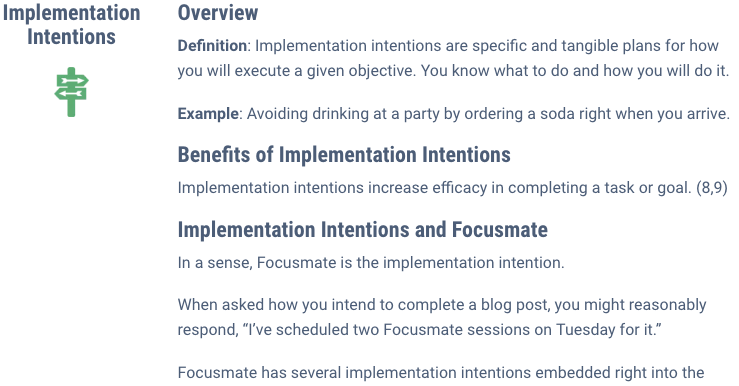Today is day 25 of the first ever 10,000 Word Challenge: an experiment in building the writing habit, with a little mutual support and accountability from the 100+ participants thrown in the mix.
For my part, the challenge did not go at all the way I expected.
However, the experiment has still been a success: I’ve learned a few big lessons.
Building the writing habit: What I’ve learned so far
I was surprised to discover that despite my intention to write a little every day, I did my writing in uneven chunks, with my 9,734 words to date spaced across just 8 non-zero word days, including two days with over 2,000 words.
This is both a success—I wrote the words!—and a failure—I did not build a new habit.

Here’s what I’ve learned.
1. New habits need feeding and watering
The hardest part for me has been inserting writing into my daily flow.
Because of many competing priorities, many days passed when I didn’t spare a thought for writing. Only when I queued up a writing task as my next todo did anything get done.
The one exception to this was the 3-hour Virtual Writing Sprint we did one Saturday, which helped me deliberately carve out time designated only for writing, regardless of what else was on my todo list.
Lesson: Writing consistently requires an explicit commitment to a specific new writing habit. Without that, a goal, a tracker and even some public accountability may come up lacking.
2. Bottle up your passion
I did some of my best writing when I woke up feeling excited about an idea, and had the flexibility to get myself on the couch with laptop in hand.
This generally only happened on the weekend when I didn’t have a tight schedule and pre-existing morning commitments.
The next step for me will probably entail allotting an hour in the morning to write before I begin my typical workflow. (See lesson no. 1!!)
Lesson: We have passion and excitement for ideas, but we can’t capture it if we don’t give it room to be expressed. There’s strong evidence that one “discovers” more exciting ideas when allowing space on a regular basis.
3. Structure can be your savior
When faced with less than exciting writing projects, I found I was able to produce solid word counts when I created a clear structure to back-fill in tiny pieces.
For example, this month I had to write the Focusmate “Science” page, about the behavioral science underlying our product.
Valuable content? Yes.
Exciting to write? No!
I started by coming up with sections that would cover the key elements: an overview, an explanation of the psychology, the underlying behavioral science triggers, as well as suggested reading and a thorough resource list.
I wrote a few sentences for each section, and checked my word count: just under 500 words.
Unfortunately, I knew that 500 words wasn’t enough: some website visitors would want much more information about the science, as would Google, I suspected.
To flesh out the content, I decided to drill down on each of the 5 behavioral triggers, creating a repeatable 4-part structure for each one: I’d write a definition, give an example, explain the benefits of that individual trigger, and share how we incorporate it into Focusmate.
Sample drill-down:

I wound up with an additional 800 words just by writing 1-2 sentences about each of these points: 5 behavioral triggers multiplied by 4 prompts for each one multiplied by 1-2 sentences per prompt.
Lesson: By chunking down the topics you need to write about, you give yourself a super easy task of writing just a few lines before you get to “check the box”.
Now it’s your turn: What’s the most valuable lessons you’ve learned during the challenge?
Share in the comments below!
My goal wasn’t necessarily to build in the habit of writing: my goal was to accomplish a specific project. The best support for me was the 3-hour writing sprint. I plan to do that again this weekend and finish my project and my 10K words! (after all, Saturday is still September; right?)